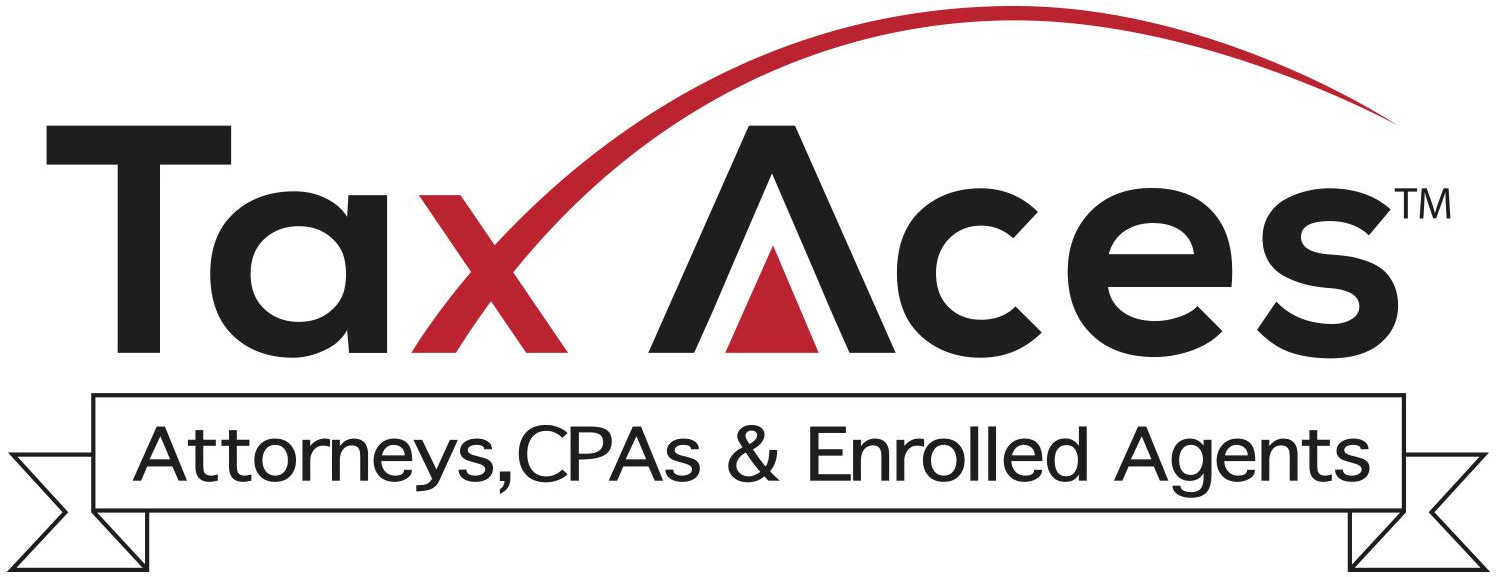Tax Information for Individuals and Businesses
CHOOSING YOUR BUSINESS ENTITY:
We usually advise our clients to operate their businesses in either the corporate or Limited Liability Company (LLC) form. There are many reasons we give this advice, but here are the top 5:
1. Credibility – Many vendors, customers and suppliers prefer to do business with entities that are incorporated or operating as LLCs. There is a good reason for this. Most legitimate and serious business entities operate as corporations or limited liability companies and there is a credibility gap in the marketplace between sole-proprietorships and corporations/LLCs.
2. Asset Protection – This is by far the most important reason why the small business owner should incorporate or form an LLC. Corporations and Limited Liability Companies are separate legal entities and, as such, the creditors of these companies can generally proceed only against the assets owned by the companies themselves. In other words, the personal assets of the shareholders are insulated from liability for corporate debts.
3. Tax advantages – IRS statistics show that it audits Schedule C businesses much more frequently than it does S Corporations and LLCs. This reason alone is sufficient to justify the additional costs and paperwork associated with forming a separate legal entity and filing its annual report and tax return. Also, operation as an S Corporation allows owners to distribute at least some of their business profits as non-self employment income thereby avoiding the 15.3% self-employment tax to which all of the net income of a sole proprietor is subject.
4. Insurance advantages – Because liability is limited only to corporate assets, insurance companies are able to insure incorporated businesses and LLCs at lower premium rates due to the lowered risk.
5. Independent contractor status – Independent contractors who operate in the corporate or LLC form of business have a better chance of having their independent contractor status upheld by the IRS. Many independent contractors incorporate and then have their businesses enter into written contracts with their customers. The corporation then pays the independent contractor some combination of wages subject to self-employment tax and distributions exempt from self-employment tax.
Tax Aces provides all the information you need to file, pay, and manage your taxes efficiently. Visit this page often for instructions, requirements, and other relevant tax information. We hope you find everything helpful.

